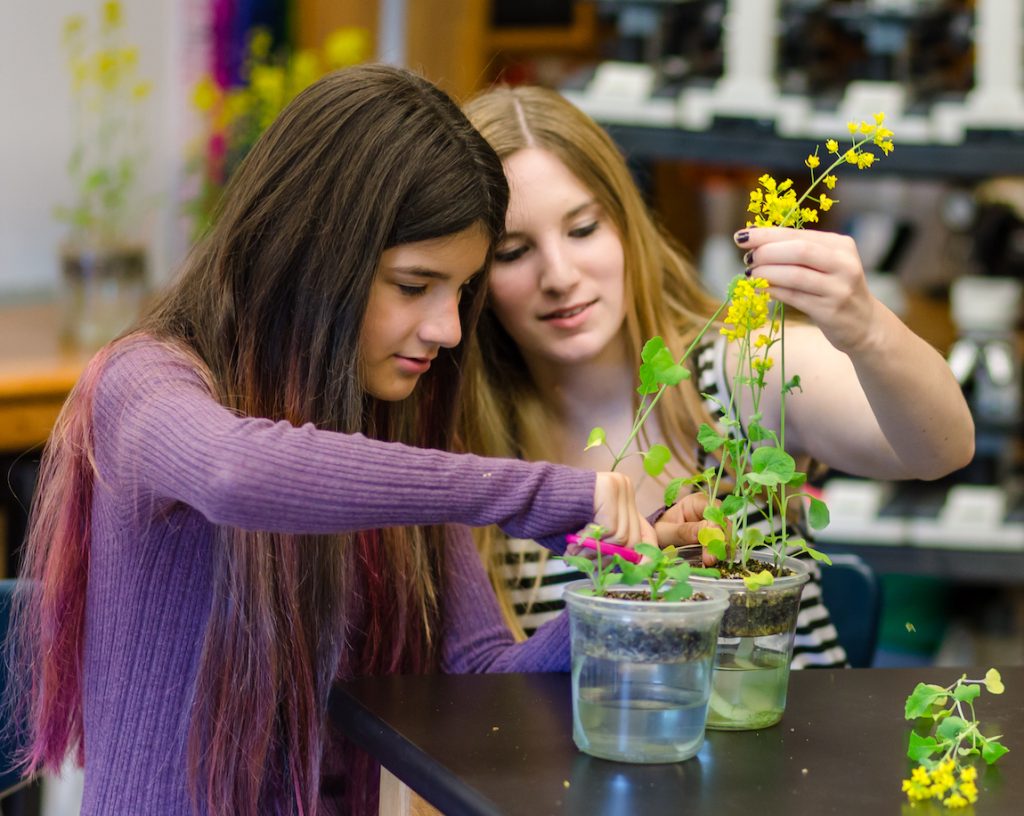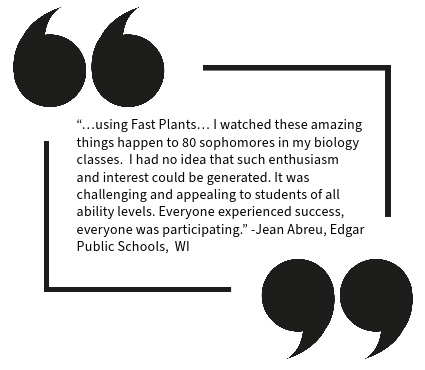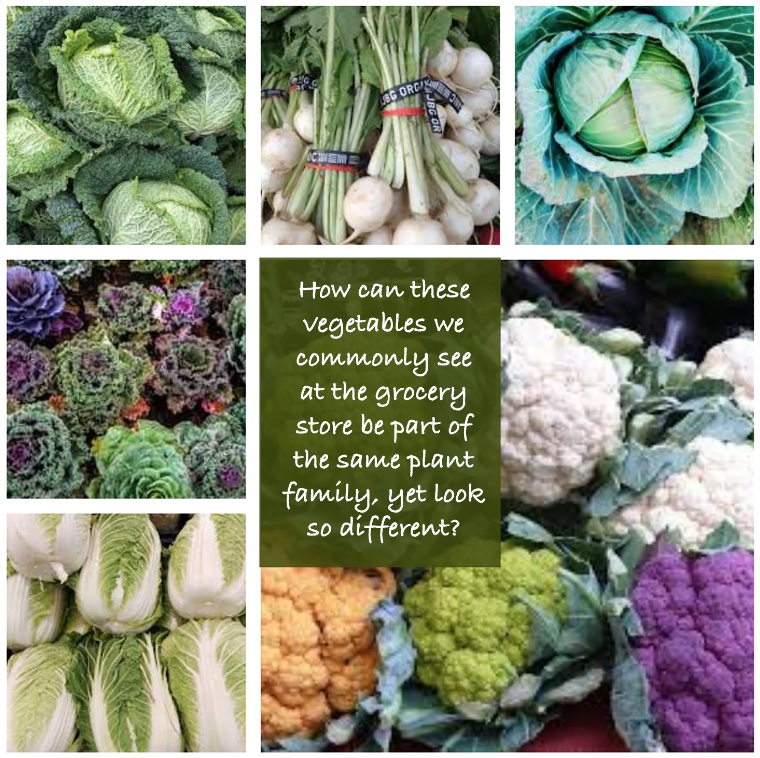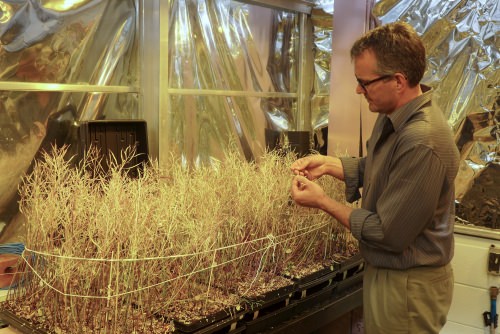Future Depends on Plant Systems careers
In the ever-evolving landscape of agriculture and plant sciences, the need for hands-on experiences growing plants has never been more critical. Career Technical Education (CTE) courses in the Plant Systems Pathway are foundational for future professionals in a wide variety of plant science fields, and one valuable addition that stands out is the incorporation of Wisconsin Fast Plants. These remarkable organisms, developed over 35 years ago by plant pathologists and breeders at the University of Wisconsin-Madison are a game-changer, shaping the students’ academic and career choices. In this blog post, we’ll delve into why Wisconsin Fast Plants are an excellent addition to Plant Systems Pathway courses, inspiring students towards fulfilling careers that hold the key to our agricultural future.

Accelerated Learning with Fast Plants

Wisconsin Fast Plants possess a powerful and unique trait – their rapid life cycle. With a mere 14 days to flower and a month-long life cycle, these plants offer an unparalleled opportunity for students to witness and understand plant development in a condensed timeframe. This accelerated learning experience not only keeps students engaged but also provides them with a comprehensive understanding of the plant life cycle—foundational knowledge for any plant systems career.
In addition to giving students experience with the full plant life cycle, rapid growth results in hyper-sensitivity to manipulated environmental variables. In other words, students can design and implement investigations with Fast Plants to generate firsthand evidence for understanding the influence of environmental factors on plant growth. This trait allows opportunities for students to experience firsthand a model for including environmental considerations into crop management or research plans.
Brassicas: A Global Perspective

Fast Plants belong to the Brassicaceae family, along with many vegetables familiar to students as well as crops critical for fiber and fuels. This family includes globally significant crops such as broccoli, cabbage, and canola. By studying Fast Plants, students gain insights into the genetics, growth, and development of these crucial food, forage, pharmaceutical, and biofuel crops. Understanding the Brassica family prepares students for the real-world challenges and opportunities they’ll encounter while in the diverse landscape of plant systems careers.
Versatile Research Organisms:
Wisconsin Fast Plants are not limited to the classroom––they are widely used as research organisms in laboratories globally. The versatility of Fast Plants allows students to bridge the gap between theoretical knowledge and practical application. Exposure to real-world research experiences during their plant science coursework equips students with the skills and mindset necessary for a successful career in plant systems.
Plant Systems Pathway: Preparation for Valuable Careers
Looking towards the future, the importance of plant systems careers cannot be overstated. From agronomists and plant breeders to greenhouse managers and crop farm managers, these professionals play a crucial role in ensuring global food security and sustainable agriculture. Importantly, plant systems careers include a wide range of both academic and nonacademic pathways; yet, all depend on foundational plant knowledge and keen observational skills. Incorporating Fast Plants into Plant Systems Pathway courses provides students with opportunities to develop these practical skills and knowledge needed so that they can thrive in valuable and fulfilling plant science careers.

Just grow it!
Wisconsin Fast Plants are more than a classroom tool—they are a catalyst for shaping the future of plant systems professionals. By integrating Fast Plants into Plant Systems Pathway courses, educational institutions are truly preparing students for careers that hold the key to addressing global challenges in agriculture and plant sciences. The hands-on, experiential learning facilitated by Fast Plants is an investment in a future where skilled and passionate individuals lead the way towards a sustainable and thriving agricultural industry.
References
Friesner, J, Colón-Carmona, A, Schnoes, AM, et al. Broadening the impact of plant science through innovative, integrative, and inclusive outreach. Plant Direct. 2021; 5:e00316. https://doi.org/10.1002/pld3.316
Brian J. Sidoti, Lisa L. Walsh, Kathryn M. Parsley, Kristine Callis‐Duehl, Alisa A. Hove, Hong Liu, Mia Uzcategui, David Ospina, Hannah Bruce‐Opris, Roxana Gonzalez, Christopher Baraloto, Melissa McCartney, Characterizing the landscape of plant science careers in the United States I: Government and private sector perspectives, PLANTS, PEOPLE, PLANET, 10.1002/ppp3.10375, 5, 5. https://nph.onlinelibrary.wiley.com/doi/full/10.1002/ppp3.10374


